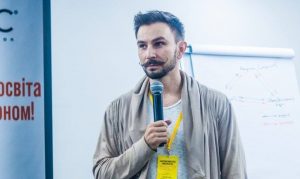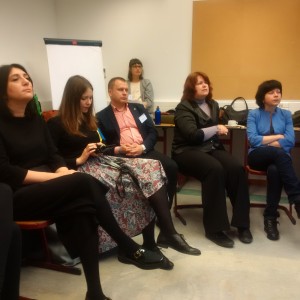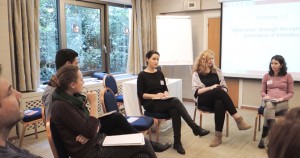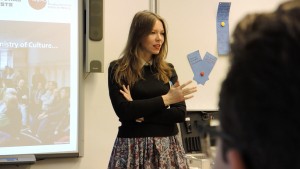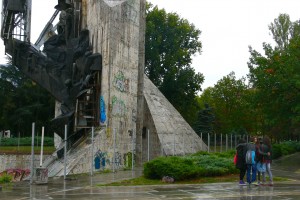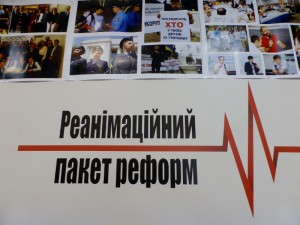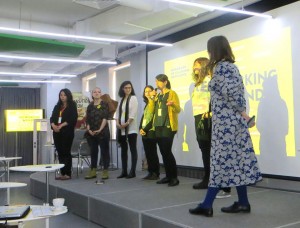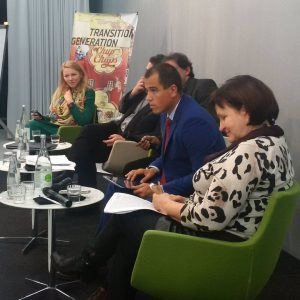
The Changes since the 80s and the war in Eastern Ukraine
Transition Dialogue Panel on the Conflict in Eastern Ukraine 9. November 2016 at Böll-Foundation Berlin, DRA Autumn Talks on Conflict Resolution in the Donbass Region The war in Eastern Ukraine widely disappeared from from press coverage and international notice. But the conflict goes on and the Minsk peace process is shaky. After discussing prospects for conflict resolution for two days, this panel tried to shed some light on the issue of transition experience as a




